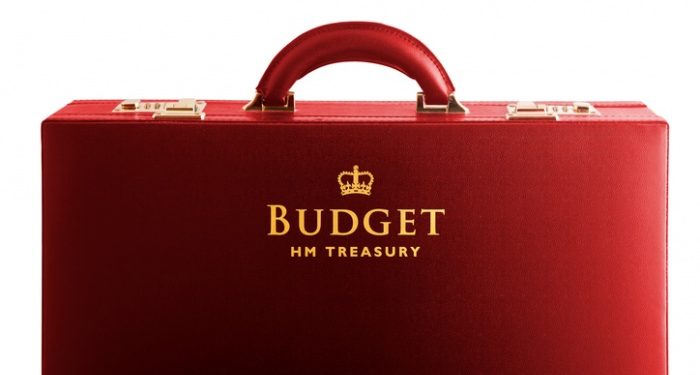The new Chancellor, Kwasi Kwarteng, has today announced that the basic income tax rate will be reduced by 1 per cent while the higher rate of income tax will no longer apply.
The basic income tax rate will drop from 20 per cent to 19 per cent beginning in April 2023, one year sooner than anticipated.
Additionally, the highest rate of income tax—45 per cent on earnings over £150,000—would be scrapped from April 6, 2023.
Kwarteng added that there are no longer any intentions to raise the corporation tax rate next year.
Canada Life technical director Andrew Tully says: “Reducing the basic rate of income tax will cost the Treasury around £5bn a year while scrapping the additional rate of tax will cost about £2bn so these are both hugely significant tax cuts. There is a pension planning opportunity for those who can afford to make pension contributions in the current tax year. Additional rate taxpayers will get 45 per cent relief, whereas next year contributions will only receive 40 per cent relief. Similarly, basic rate taxpayers can obtain 20 per cent relief on contributions this year, which will fall to 19 per cent next year.”
Aegon pensions director Steven Cameron says: “The government’s decision to cut the basic rate of income tax from 20 per cent to 19 per cent from April 2023, a year earlier than planned, will mean millions can keep more of what they earn. However, income tax thresholds are currently frozen until 2026 and over time, wage increases mean people are paying tax on more of their income, and in some cases are being dragged into paying higher rate tax. This is a particular issue in the current climate as soaring inflation has accelerated wage increases.
“While this is a welcome boost to take-home pay, for many it will fail to compensate for frozen income tax thresholds. Unfreezing these would be a much more powerful lever to support lower and modest-earning households.
“For anyone earning under £37,670, increasing the basic rate threshold by 10 per cent, around the current rate of inflation, would offer a greater income tax saving than cutting the rate of income tax from 20 per cent to 19 per cent.
“Aegon analysis shows that a 10 per cent increase in the current threshold for paying basic rate income tax would save people earning above £13,827 around £250 over a year in income tax. This is based on the basic rate of income tax of 20 per cent in England.
“Different income tax rates apply in Scotland, so individuals will have to wait to see if the Scottish Government makes equivalent changes.”
The post Kwarteng’s ‘mini budget’ confirms income tax changes appeared first on Corporate Adviser.



